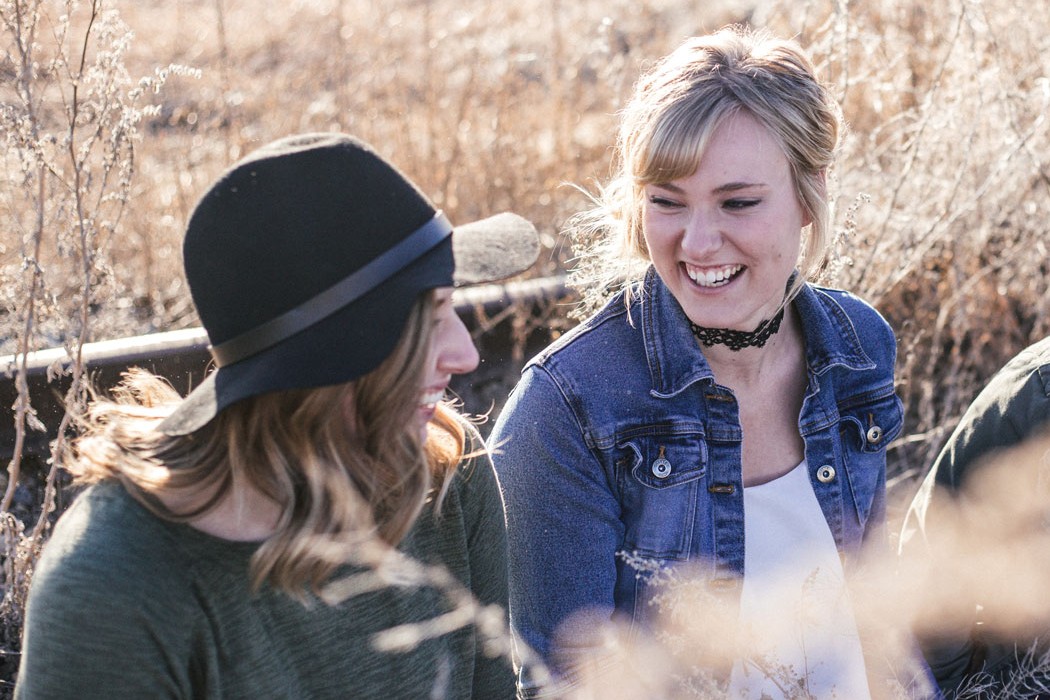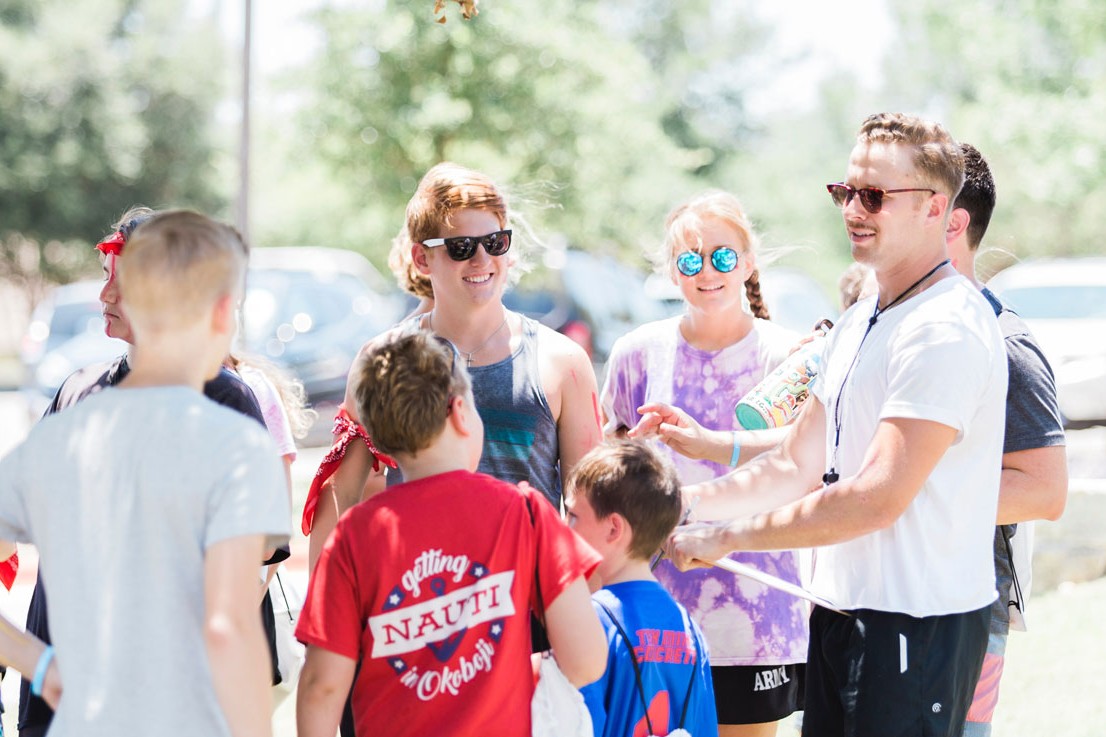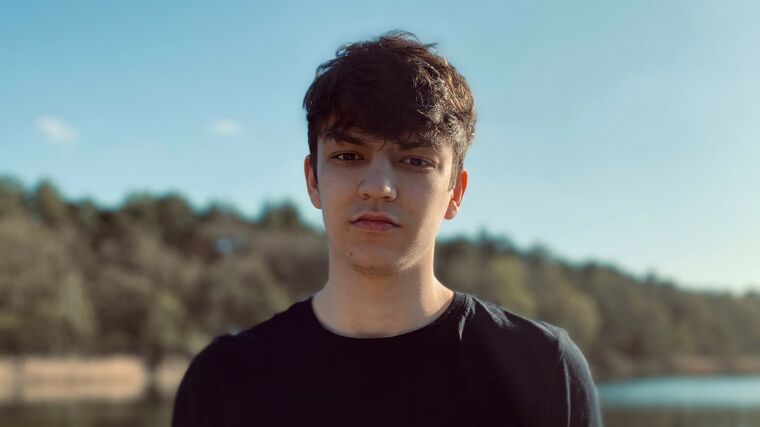Follow-up care
Why is it so important?
Cured, however, does not automatically mean healthy. Late effects can still occur even after successful treatment. Follow-up care is essential to ensure that late effects are detected and treated as early as possible. The competence centre advises and provides information about follow-up care and survivorship.
Thanks to medical advances, the chances of survival have improved significantly in recent decades. Around 80 per cent of survivors suffer from late effects of the disease and the intensive therapy. Their type, frequency and severity differ from case to case and depend on various factors. They often only appear decades after the actual disease. Among other things, the internal organs, hormone balance, fertility and cognitive performance can be affected. Further effects include chronic fatigue, concentration difficulties, even depression, and the risk of second tumours. Late effects can thus have a physical, psychological and psychosocial impact on the survivors’ quality of life. With regular, personalised follow-up care, late effects can be detected and treated at an early stage, thus making a significant contribution to ensuring the best possible quality of life.

Follow-up consultations
Most paediatric oncology centres have follow-up services for their young childhood cancer patients. For adult survivors, the scope and model of the offer varies. The hospitals below offer interdisciplinary follow-up consultations, which are available to everyone and which follow largely the guidelines of the US Passport for Care©. Questions on body image, sexuality and fertility can be addressed in the follow-up consultation JustASKus.

Individual follow-up care
The “Survivorship Passport” is an instrument for the early detection of late effects. It meticulously documents the medical treatment and makes concrete, evidence-based recommendations for long-term follow-up care. This starts around ten years after the end of the therapy. In the context of long-term prevention, every survivor receives an individual screening plan, the Survivorship Passport. Survivors also have the advantage of being informed about possible late effects, which can reduce anxiety and stress.

Rehabilitation offers
A good rehabilitation offer is also an optimum form of support for survivors. After a certain time has elapsed between a patient’s treatment and the present, other issues and health aspects can be the focus. The main issue is the recovery of physical, mental and social performance. Rehabilitation offers among peers, tailored specifically to survivors, are offered in areas just over the border.

Contact points
The Childhood Cancer Switzerland office works with various partners to provide the most comprehensive information and counselling services possible. One of these partners is the self-help organisation Procap, which advises survivors on social security issues. The invalidity insurance (IV) offers general support with career guidance, retraining and job placement.
